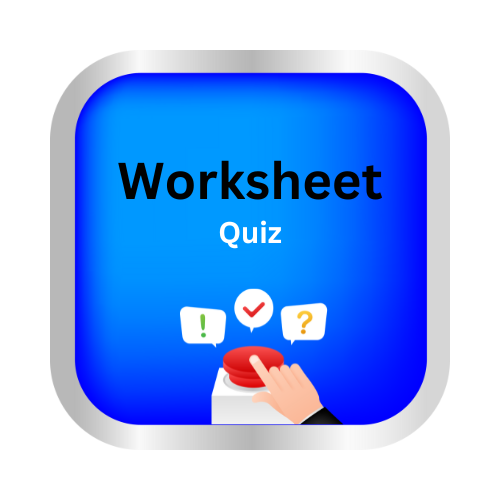Choose the antonym
Key Notes :
| What are Antonyms? |
Antonyms are words that have opposite meanings. Understanding antonyms is crucial for building your vocabulary, improving your reading comprehension, and enhancing your writing skills. By recognizing antonyms, you can better understand the nuances of language and express yourself more precisely.
Think of it this way: if a word is like a coin, its antonym is the other side of the coin! They are related but represent completely different ideas.
| Examples of Antonyms |
| Word – Antonyms | Word – Antonyms |
Ascend – Descend Include – Exclude Victory – Defeat Accept – Reject Create – Destroy Generous – Stingy Expand – Contract Harsh – Gentle Permanent – Temporary Ancient – Modern | Complex – Simple Scarce – Abundant Logical – Irrational Transparent – paque Majority – Minority Courage – Fear Internal – External Precise – Vague Prosper – Fail Rigid – Flexible |
| Practice Exercises |
Now, let’s test your understanding of antonyms. For each word below, choose the best antonym from the options provided.
Instructions: Read each question carefully and select the word that is the opposite in meaning to the given word.
| ✏️ Exercise 1: Multiple Choice Questions (MCQs) |
Question 1:
What is the antonym of brave?
a) Courageous
b) Cowardly
c) Bold
d) Heroic
Question 2:
What is the antonym of generous?
a) Kind
b) Selfish
c) Giving
d) Charitable
Question 3:
What is the antonym of noisy?
a) Loud
b) Quiet
c) Boisterous
d) Clamorous
Question 4:
What is the antonym of arrive?
a) Reach
b) Depart
c) Get
d) Approach
Question 5:
What is the antonym of ancient?
a) Old
b) Modern
c) Historic
d) Aged
| Answer Key |
- b) Cowardly
- b) Selfish
- b) Quiet
- b) Depart
- b) Modern
| ✏️ Exercise 2: Fill in the Blanks with Antonyms |
Write the antonym of the bold word to complete the sentence.
- Her decision was very logical, but his was __________.
- They managed to reduce the cost instead of trying to __________ it.
- We were told to exclude some students, but we chose to __________ them.
- The forest was dense, but the area near the village was __________.
- I prefer to be flexible rather than being __________.
✅ Suggested Answers:
- illogical
- increase
- include
- sparse
- rigid
| ✏️ Exercise 3: Sentence Correction (Incorrect Antonyms) |
Each sentence contains an incorrect antonym. Replace it with the correct one.
- He is usually optimistic, but today he is joyful.
- The antique vase is valuable; the plastic one is beautiful.
- His action was legal, but hers was helpful.
- This method is effective, but that one is brilliant.
- The instructions were clear, but the explanation was correct.
✅ Corrected Sentences:
- … but today he is pessimistic.
- … but the plastic one is worthless.
- … but hers was illegal.
- … but that one is ineffective.
- … but the explanation was confusing.
| Summary |
In this lesson, we have explored the concept of antonyms, which are words with opposite meanings. We have reviewed examples and practiced identifying antonyms through exercises. Mastering antonyms will enhance your vocabulary and improve your understanding of language.
Let’s practice!

